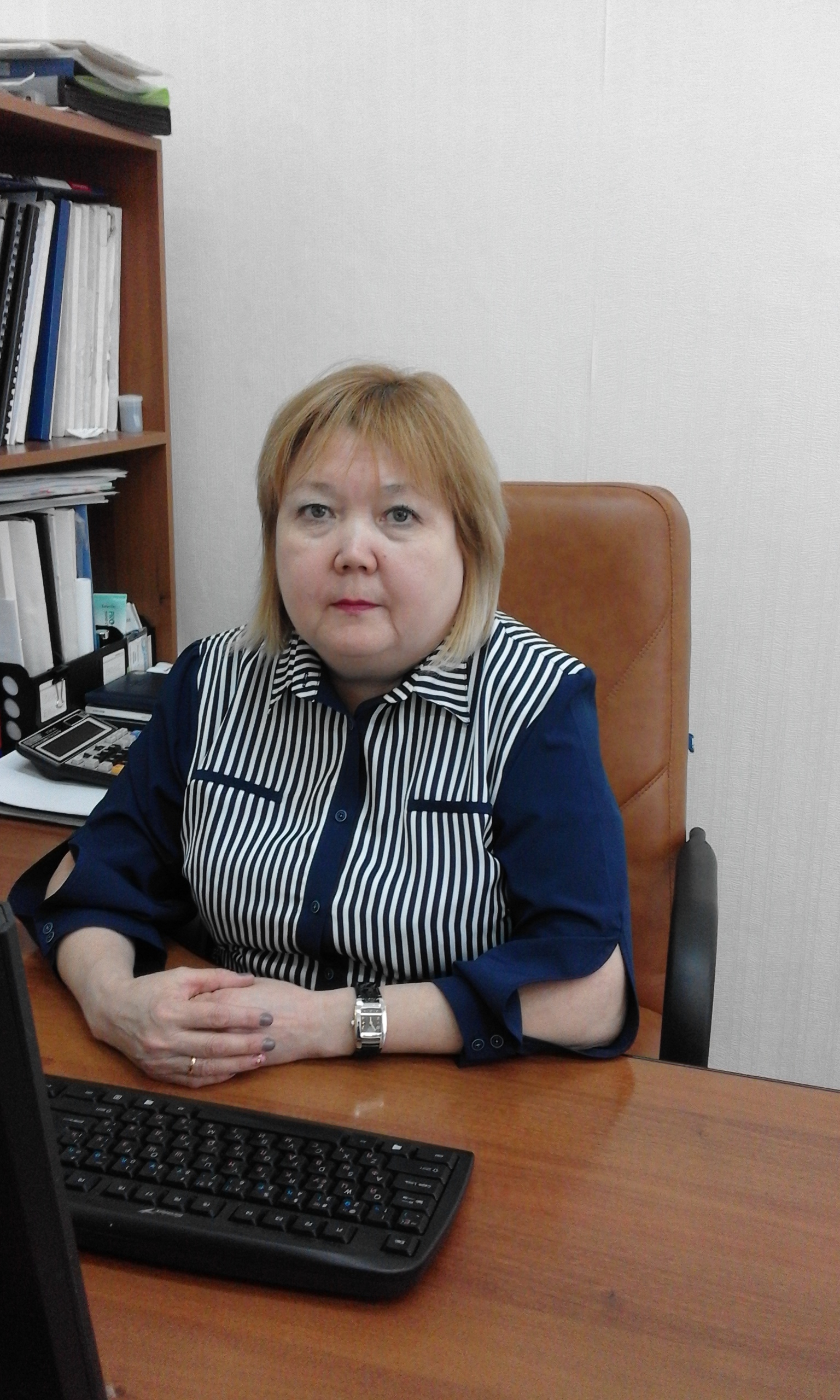 Kiylmanova Raushan, Head of Department on monitoring of national registration and cadastre of water resources, the Tobol-Torgay basin inspectorate on regulation, use and protection of water resources of the Ministry of Agriculture, Kazakhstan:
Kiylmanova Raushan, Head of Department on monitoring of national registration and cadastre of water resources, the Tobol-Torgay basin inspectorate on regulation, use and protection of water resources of the Ministry of Agriculture, Kazakhstan:
“Today gender equality in the Republic of Kazakhstan in general and in the water sector in particular, is very relevant and timely issue. Until women will not be equal to men in the governance and water management spheres, then the environment, sanitation and social issues will continue to be as a residual matter. One of the components of success is the availability of reliable gender information and studies. Lack of data, separated by gender indicator, is one of the key problems in any field, especially in the agricultural sector. Gender equality is a prerequisite for achieving sustainable development of the country and creates conditions for the full development of human potential.
As for ways to address this issue, then I believe the following is needed:
- Encourage more involvement of women in decision-making processes at all levels of water management.
- Increase an interest to career in the field of agriculture and water resources.
- Allocate quotas for women in universities.
For example, in the Tobol-Torgay basin inspectorate the first head Ospanbekova Gulshat Kenesovna for 10 years headed this organization. The Heads of three departments are women."
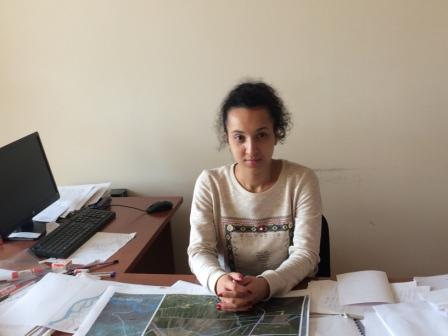 Abdullayeva Samaya Elkhan gyzy, Engineer, Azerbaijan State Institute on Designing of Water Facilities, Azerbaijan:
Abdullayeva Samaya Elkhan gyzy, Engineer, Azerbaijan State Institute on Designing of Water Facilities, Azerbaijan:
“There is no difference between women and men when working. However, because the main reclamation works are being performed under difficult field conditions, women are not very keen to get this specialty. In recent years this situation has changed drastically. The number of women working in the water sector increased. Women prefer to work mainly in the administrative sphere, as well as in the research and design institutes, as well in offices.
To increase the role of women in water resources management in Azerbaijan, the following is necessary:
- Strengthen the role of women in water policy and decision-making, as well supporting their membership in water management institutions.
- Provide technical training of women in water resources management.
In other words, promotion of equality between men and women must be interpreted as an appeal to greater economic prosperity.
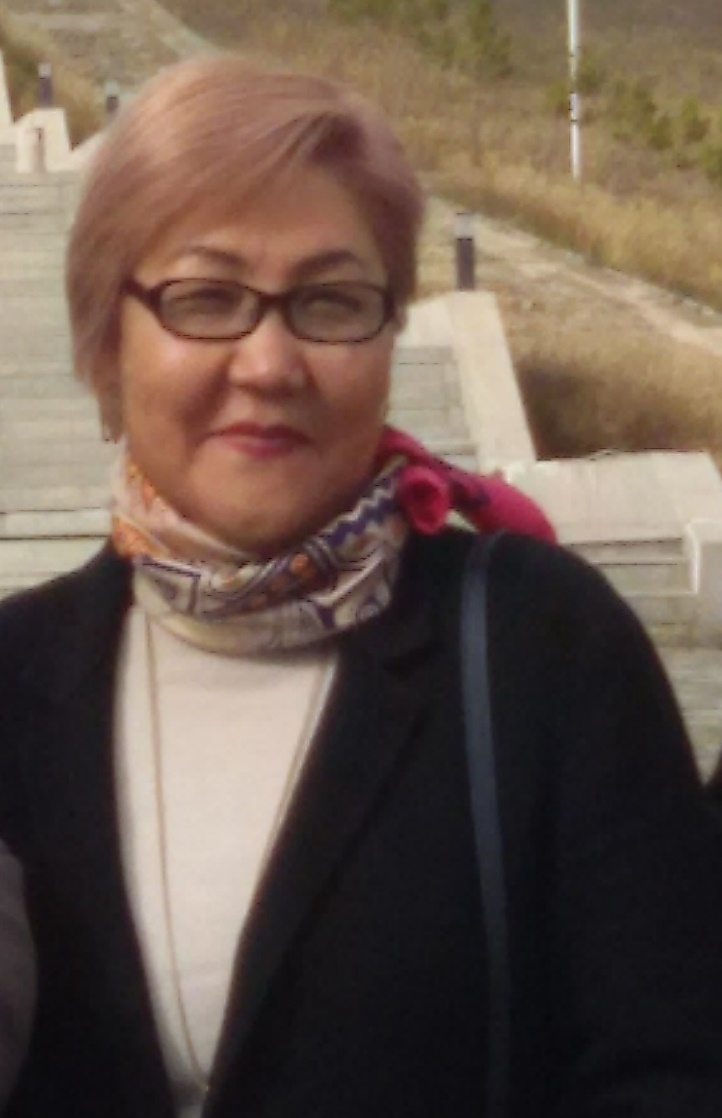 Kasiet Musabaeva, Chair of the National Water Partnership, Kyrgyzstan:
Kasiet Musabaeva, Chair of the National Water Partnership, Kyrgyzstan:
"Improving gender equality in the water sector should be carried out at three levels: School - Higher education institution - Water sector ". It is necessary to inform women and men, that the gender idea is not biological but social. The main reasons of the limited participation of women at decision-making levels in our society is the mentality, the stereotype of thinking that managers in the sectors of engineering and construction professions can be only men. Taking into account these features, I think that establishment of specific quota for women in management structures could improve gender equality in the water sector."
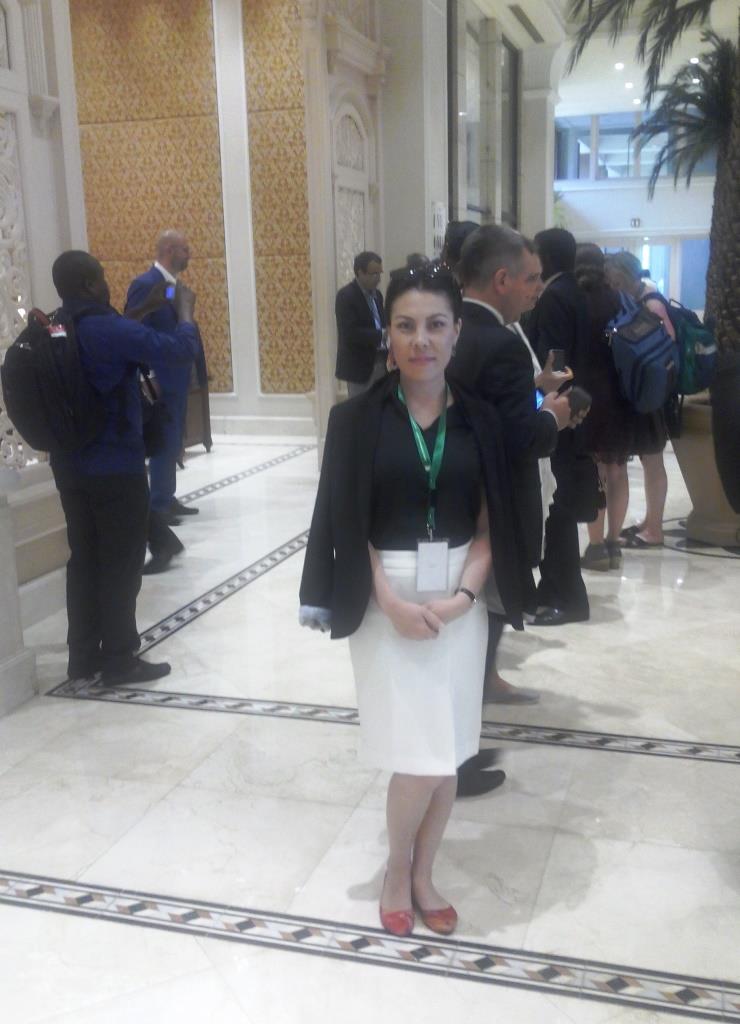 Nargiza Osmonova, Head of Information and Analytical Sector of the Department of Water Management, Kyrgyzstan:
Nargiza Osmonova, Head of Information and Analytical Sector of the Department of Water Management, Kyrgyzstan:
"Everyone knows that women play a central role in the provision, management and water conservation. There are a lot of scrupulous and important issues in the water sector, and their solution depends on the correct approach. In this regard, you must understand that equal participation of all stakeholders, enhancing women's empowerment will contribute to obtain equal benefits in all areas of life. Sometimes the experience and knowledge in water resources management that women - practitioners have can help achieve positive results. Consequently, active participation of women is essential to achieve sustainable development."
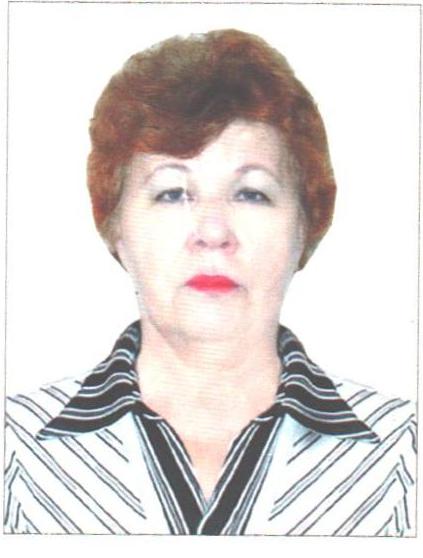 Faina Voronina, Director of Public Organization «Water Partnership of Tajikistan", Member of the Council of National Water Partnership of Tajikistan:
Faina Voronina, Director of Public Organization «Water Partnership of Tajikistan", Member of the Council of National Water Partnership of Tajikistan:
"In the water sector of Tajikistan the managerial positions are mostly occupied by men, women also work in some government agencies. In accordance with the Decree of the Government of Tajikistan, year after year, the involvement of women into managerial positions is increasing. At the farm level women have involved in irrigation and agricultural activity as well household water use. To enhance gender equality the followings are needed: increasing the quota for women to study in the universities; to develop a special program of increasing gender equality; creation of a center for training and retraining of women leaders and their capacity-building; social mobilization of women through special projects, programs, media and awareness raising campaigns is necessary."
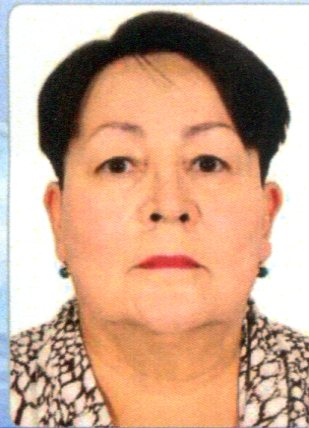 Gaukhar Deusheva, Doctor of Sciences, Head of NGO "Zaraphshan", Member of the Board of the Zaraphshan Basin Department of Irrigation Systems, Uzbekistan:
Gaukhar Deusheva, Doctor of Sciences, Head of NGO "Zaraphshan", Member of the Board of the Zaraphshan Basin Department of Irrigation Systems, Uzbekistan:
"Gender equality and empowerment of women are at the heart of achieving all the goals of Agenda 2030. Providing rural women with better opportunities is an essential condition for sustainable development of agriculture and food security; and it can improve the development trend of the family and society as a whole.
In this regard it is necessary:
- Strengthen the training and participation of women in decision-making that could have a positive impact on improving the status of women and promote their activity in solving water problems in the region.
- Promote involving of women-farmers in the WUA (Water Users Association) for their participation in the water resources distribution.
- Promote a greater understanding of gender issues in water resources management at different levels of government structures.
- The training program should include gender issues.
Involve the mass media in broadly covering gender issues in the field of natural resource management and sustainable development, and primarily in the field of water resources management."
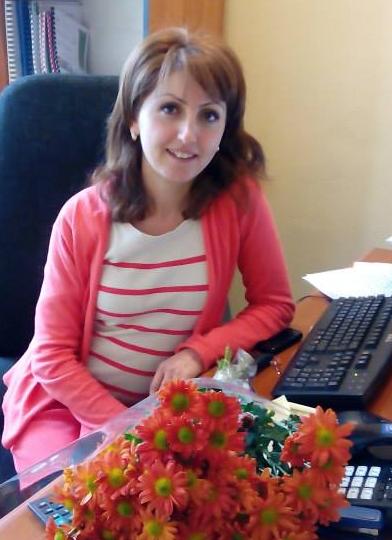 Dr. Shahnazaryan Gayane, Deputy Head at the Environmental Impact Monitoring Center, Ministry of Nature Protection, Armenia:
Dr. Shahnazaryan Gayane, Deputy Head at the Environmental Impact Monitoring Center, Ministry of Nature Protection, Armenia:
"As in all the other sectors, in water sector, women and men have equal rights and opportunities in Armenia.
Although women have a major role in the use of water resources, but mostly men occupy the higher positions in water resources management. It is conditioned not by discrimination against women, but by the national mentality, since women mostly prefer the role of mother, wife and the family guardian.
In my opinion, to highlight and increase the role of women in the water sector, the following is needed:
- allocate seats for women in the higher technical educational institutions,
- support the further continuation of education of female employees,
- contribute to increasing the involvement of women in research activities.
In case of having professional education and experience, the employee selection will be made by replacing a man with inadequate education and experience by a woman with higher education and professional experience. I take this opportunity to congratulate all the women of the GWP family and wish them fruitful activity."
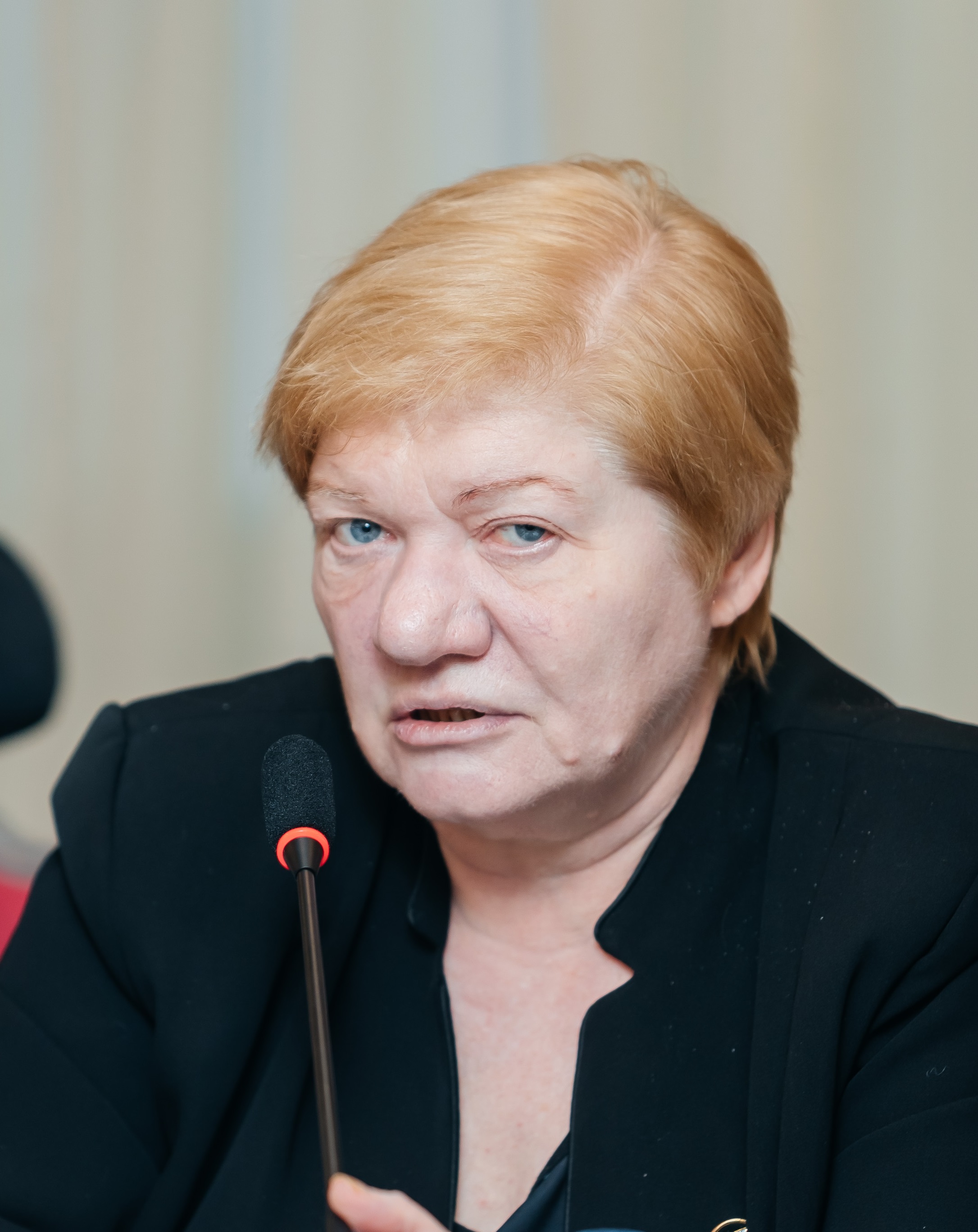 Mariam Makarova, Head, Water Division, Integrated Management Department, Ministry of Environment and Natural Resources Protection of Georgia:
Mariam Makarova, Head, Water Division, Integrated Management Department, Ministry of Environment and Natural Resources Protection of Georgia:
"The issue of water resources management and protection is very important for Georgia. In this area, a lot of women work both in the public and non-governmental organizations. I can say that their rights are not infringed upon. Recently Georgia hosted a conference on gender equality focusing on women’s participation in peacekeeping and conflict solution. Calling Georgia "the leader in the region” in terms of gender equality, NATO Secretary General’s Special Representative for Women, Peace and Security Marriet Schuurman said the Government of Georgia and the Defence Ministry in particular "pay great attention” to gender equality issues. The problems apparently are the same for both men and women, and we try to work together to solve them. I am engaged in the issues of management and protection of water resources, policy development in this area, setting of priorities and development of legislation and regulations and their harmonization with the EU water legislation. I try to improve myself, to keep abreast of modern trends, to keep up with life. I try to adopt and implement the international practice of water management into the life. I wish the women working in this field, to believe in themselves, to be more active, to gain knowledge and experience."
 Byambajav Lkhagvadulam, Ph.D, Associate professor of Environmental engineering department of Mongolian University of Science and Technology, Mongolia:
Byambajav Lkhagvadulam, Ph.D, Associate professor of Environmental engineering department of Mongolian University of Science and Technology, Mongolia:
“Traditionally the man dominated in water sector of Mongolia, because the drilling of wells, irrigation, water supply, pumping station and sewerage works are hard for women. Today more technical and technological development in water sector open doors for woman and give a chance to keep gender balance. The department of Environmental Engineering of the Civil Engineering and Architecture School is objectively a male-dominated space. According to data of the Undergraduate Admissions Office website, 35 percent of undergraduate students at the Environmental Engineering department in 2017 are identified as female. There are in total 41 professors and workers in the Environmental Engineering Department of the Civil Engineering and Architecture School of MUST and about 63 percent is women. I wish you very happy woman's day in 2017”.